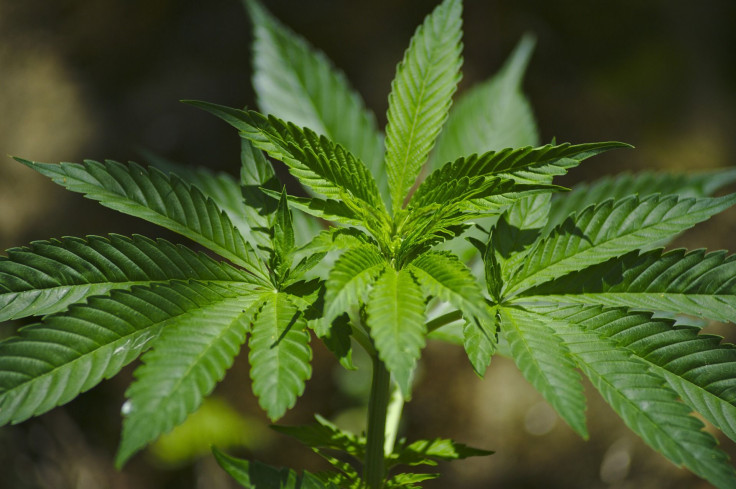Rectal Medical Marijuana Is Effective, Safer Than Smoking, But Weed Suppository Won't Be Widely Available

Rectal marijuana? Weed suppositories? Smoking might be the most common way to get high, but apparently it’s not the best —at least for medicinal purposes. As Vice puts it, "...taking it up the butt is actually much more effective than smoking it." Talk of rectal marijuana hit the news cycle following a story in the National Post about Canadian healthcare professionals seeking safer ways to toke up.
“We’re kind of saying to people, ‘We think there’s some stuff that cannabinoids will be helpful for. Why don’t you just smoke cannabis?’” Paul Farnan, addictions specialist at the University of British Columbia, tells the newspaper. “First of all, cannabis is actually a really dangerous thing for your lungs.”
Mikhail Kogan, M.D. and medical director of the Center for Integrative Medicine at George Washington University in Washington, D.C. , claims that smoking is an archaic way of getting high, reports the Post.
“Rectally is actually a lot more preferred because of the volume of absorption," he explains. "You can put a lot more and it gets absorbed a lot better, but not everybody is open to this way of administration."
To learn more about rectal marijuana, and the best way to get high (for health purposes), Medical Daily reached out to Kogan. He explains there are several ways to administer weed, including oral (which includes edibles), inhaled through smoking or vaping, sublingual in which cannabis is placed under the tongue, or rectally.
“For medical reasons we never use smoking,” he tells Medical Daily. “Most people use vaporized. I mostly use buccal,” the doctor reveals of his preferred method of placing cannabis inside the mouth.
Read: E-Cigarette Benefits Questions 2017: Is Vaping Really A Healthy Alternative To Smoking?
Kogan confirms that while more effective than the widely used inhalation method, rectally given marijuana is the least utilized, in part because of the yuck factor. Another reason? There isn’t one set of rules and available forms vary by state. In fact, Kogan isn’t even sure that suppository cannabis is available in D.C. where he practices.
“The big part of it is that physicians are not very educated on this topic,” he asserts. “They might have some preconceived ideas that it should only be administered inhaled. There's a lack of uniformed education.”
So, it doesn’t look like weed suppositories will become mainstream anytime soon. However, Kogan is excited about new medical marijuana advancemets, particularly topical and ophthalmic forms, the latter of which he believes will greatly help glaucoma patients.
See Also:
Why Synthetic Cannabinoids Are A Dangerous Marijuana Alternative
Can Medical Marijuana Curb Opioid Epidemic? US States With Legal Weed Have Decreased Opioid Abuse



























